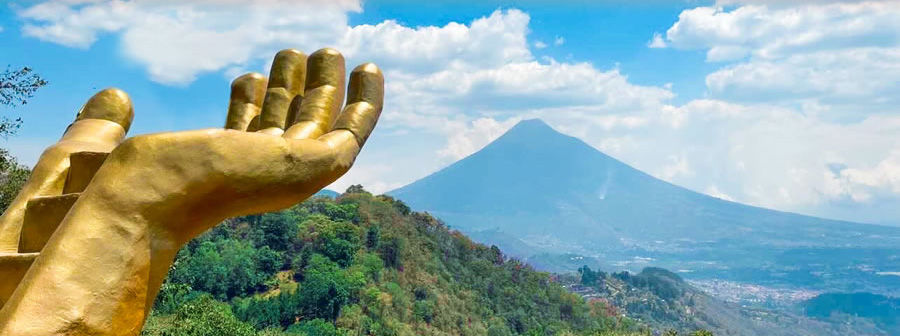C-Urge at the GSGAS SUMMER SCHOOL: MULTI-CRISIS AROUND THE WORLD
- Luisa Mohr

- Aug 20, 2024
- 2 min read
It is the end of June and a hot summer day when we all gather in the morning at the Garduate School Global and Area Studies in Leipzig. The Summer School "Multi-crisis around the World: Perspectives from the Social Sciences, Environmental Studies, and the Humanities", will take place in the next few days and wer are excited because we will organized the first Panel to open the Summer School on the topic: "The Climate of Method: How to do Research in Critical Times".
We are Jonny Grünsch (University Halle), Helena Böhmová (University Halle) and Luisa Mohr (University Catania) from the C-urge network, and Kim Dittmann (University Halle) who is also connected to ZIRS, an Institute for interdisciplinary regional studies that is also a organizer of the Summer School. For the last 7 months we have been meeting biweekly in a reading and working group, reading and discussing together in order to prepare our research projects as productively as possible.

We had worked together through the concepts of late industrialism, multi-species approaches and ecological reperation. We asked ourselves what it actually means to heal something, does it have to look exactly the same as before or do the fractures remain visible? (All of us) Is Late Industrialism just a description of a condition or maybe even a method? (Jonny) Why do we romanticize dilapidated industrial buildings? (Luisa) Why do we pretend there is no future when there always will be? (Helena) What happens when the causes and effects become so complex that it becomes impossible to verbalize them? (Kim)
We commented, debated and asked questions together in Zoom conferences, live meetings when possible and on pads. The panel we presented at the Summer School on "The Climate of Method: How to do Research in Critical Times" was the consequence of this form of collaborative work. We wrote papers and revised them together, broke down the chairing tasks (that Jonny in particular was taking over in terms of organization) in the live presentation and took on the part that we were particularly interested in, and emotionally prepared and followed up the session together.
The opportunity to have two strong commentators from the fields of human geography and anthropology was an additional enrichment which, in retrospect, seems to have been very fitting for the way we had been working up to that point. Dr. Amy Walker and Dr. Mareike Pampus had prepared comments for our papers in a joint preparation and accompanied our presentations with profound and very helpful comments on the respective papers of the individuals but also on questions that arose from the field of tension of our papers in overlaps. This led to a productive discussion that also inspired and engaged the other Summer School participants.
The following days we were able to learn a lot from the other panels in the interdisciplinary environment. We are grateful for this experience and the opportunity to enter into a public debate at this early stage of our research.








Comments